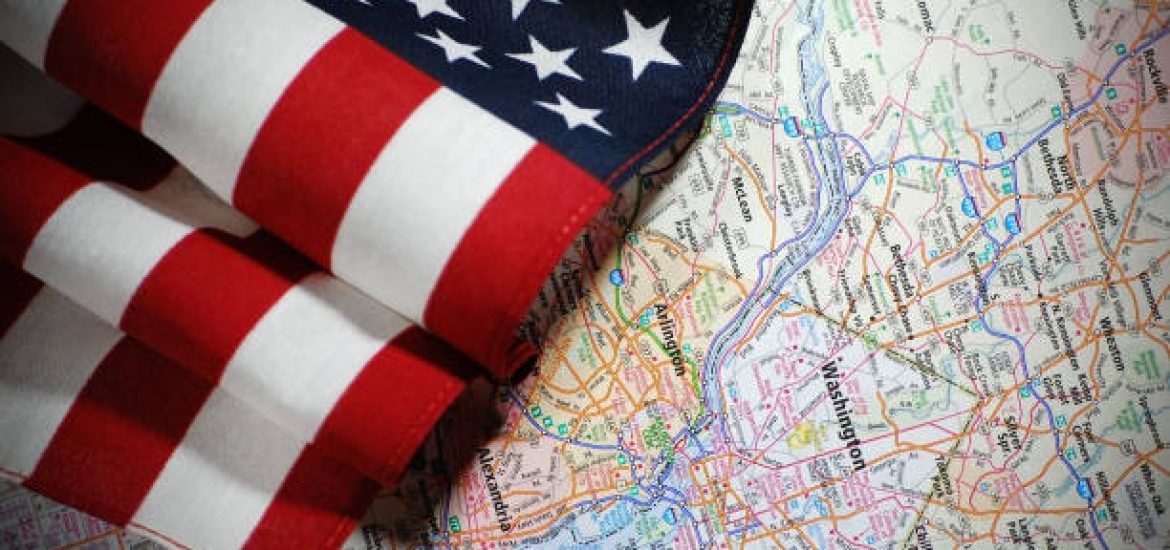
Presidents often enter office with bold ambitions to reshape the world stage. For Donald Trump, whose confidence in his own influence rivals or exceeds that of any modern president, the belief that global leaders would bend to his will has met harsh resistance. Since returning to the White House, Trump has discovered that international power dynamics don’t yield to bluster. Though he may pressure corporate CEOs and challenge institutions like Harvard or federal courts, global leaders are proving far more difficult to sway.
Russian President Vladimir Putin, for example, continues to brush off U.S. pressure over the war in Ukraine. Despite Trump’s stern rhetoric, Moscow shows no signs of backing down. Russian media even paints Trump as someone who talks tough but backs off before enforcing real consequences. Similarly, Trump miscalculated his influence over China. During his efforts to tame Beijing through trade policies, he underestimated the political realities of an authoritarian regime. Leaders in China simply cannot be seen conceding to an American president without facing severe internal backlash. Frustration is growing in Washington as China stalls on previously agreed-upon economic commitments.
Fraying Alliances and Unmet Expectations
Trump’s aggressive stance toward the European Union also fizzled. His threats of tariffs ended without resolution, and critics have dubbed his pattern of retreat the “TACO trade” strategy — short for “Trump Always Chickens Out.” Even traditional allies present obstacles. Israel, once firmly in Trump’s corner, has grown distant as he attempts to broker peace in the Middle East. Prime Minister Benjamin Netanyahu, facing his own political challenges, appears unwilling to end the Gaza conflict — a situation that undercuts Trump’s push for renewed negotiations with Iran. Meanwhile, any nuclear deal with Tehran threatens Israel’s regional military plans.
World leaders are navigating their own agendas and timelines, often immune to Trump’s transactional methods. His attempts to publicly pressure Ukrainian President Volodymyr Zelensky and South African President Cyril Ramaphosa have left lingering resentment and eroded the appeal of White House diplomacy.
The Limits of Personal Diplomacy
Trump frequently claimed on the campaign trail that his personal relationships with global figures like Putin and Chinese President Xi Jinping would defuse international crises. That promise has so far proven illusory. Of course, Trump isn’t the only president to fall into the trap of overestimating personal diplomacy. George W. Bush once claimed he saw Putin’s soul, only to face aggression in Eastern Europe. Barack Obama dismissed Russia’s relevance, a view challenged by its actions in Ukraine and Syria. Joe Biden, too, promised renewed global leadership only to find the post-WWII order fracturing once more — and now Trump is back, asserting “America First” while dismissing decades of alliance-building and diplomacy.
Eroding U.S. Influence on the World Stage
That slogan rests on the idea that the U.S. has long been exploited on the global stage, ignoring how its influence over global capitalism and security alliances built unprecedented national power. Yet Trump’s adversarial style is eroding this legacy. Rather than commanding respect, he is now often met with resistance or indifference. In just a few months, his foreign policy agenda — from tariff threats and cuts to humanitarian aid to unrealistic territorial aspirations — has prompted world leaders to question his true power. Whether out of necessity or calculation, they seem increasingly comfortable saying “no” to Washington.





